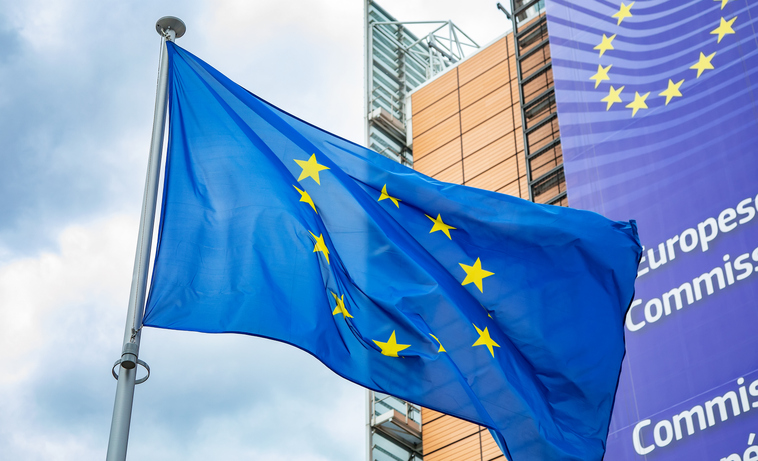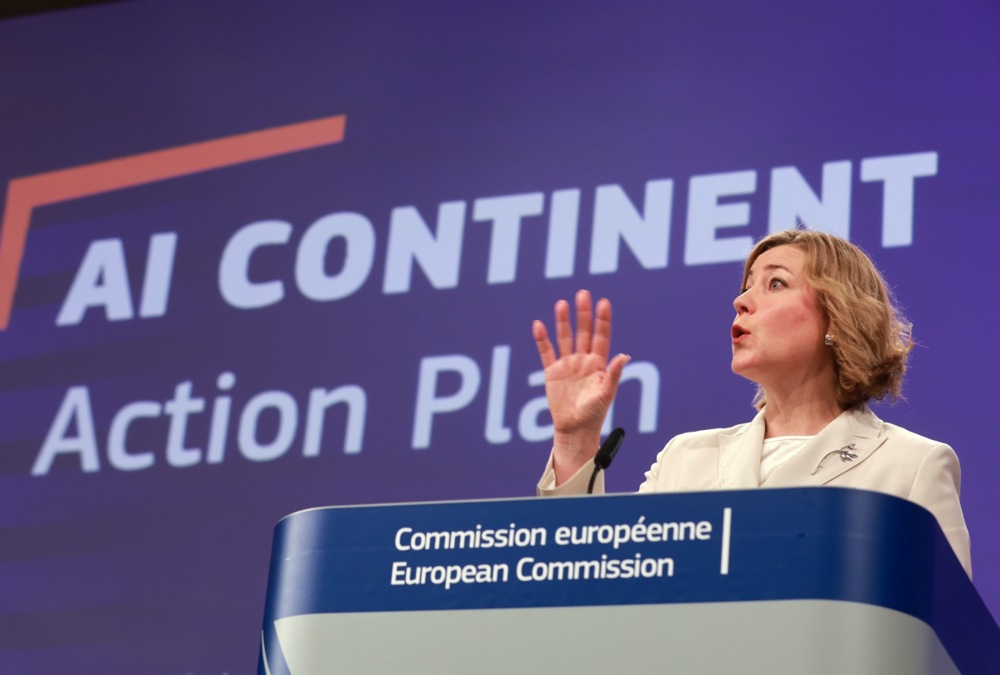Workplace stress and depression in the European Union have surged, costing billions of euro annually and leading to thousands of deaths each year, new data has disclosed.
The research published on April 28 from the European Trade Union Confederation (ETUC) and the European Trade Union Institute for Research (ETUI) showed workplace-related depression was now costing the EU more than €100 billion per year, while stress-related health issues linked to working conditions were responsible for 10,000 deaths annually.
A Gallup 2025 report also found Europe had the lowest employee engagement rate, meaning how emotionally committed employees are to their work, at just 13 per cent. It also reported widespread workplace stress, despite high levels of technological advancement. Digital transformation had so far had a limited impact on employee well-being, according to the study.
According to workplace data reported on April 28 by the Financial Times-backed analysis group Sifted, Europe’s tech workers — often considered beneficiaries of flexible work models — reported elevated levels of stress and burnout, with job insecurity, start-up dynamics and high-growth expectations cited as key factors.
Gallup also noted that employees in exclusively remote roles reported 45 per cent stress rates, compared to 38 per cent for on-site workers.
Differences across EU countries partly reflected variations in labour protections, economic stability and access to mental health services.
Scandinavian nations such as Denmark, Sweden and Finland, where workers benefited from stronger welfare frameworks, showed higher employee engagement and lower stress indicators.
By contrast, countries including Greece, Romania and Bulgaria reported significantly lower well-being levels. Germany and France, despite stronger economies, have also registered rising workplace stress levels.
Stress patterns across Europe further indicated that younger workers and managers faced higher risks, Gallup data show.
Manager engagement in Europe declined by three points over the past year, contributing directly to broader drops in team productivity.
While the new findings underlined the economic and human toll, they also pointed to organisational dynamics as critical factors.
Gallup identified managerial disengagement as a major driver of workplace dissatisfaction, amplified by post-pandemic restructuring and accelerated deployment of artificial intelligence tools.
The 2025 data suggested a shift toward viewing workplace mental-health challenges as systemic, with leadership practices, work organisation and societal conditions playing key roles, rather than focusing solely on individual adaptation strategies.
The figures further showed that employees working fully remotely reported higher levels of loneliness and sadness than those working on-site or in hybrid arrangements.
Teleworkers’ outcomes appeared to depend significantly on work environment factors rather than work location alone.





